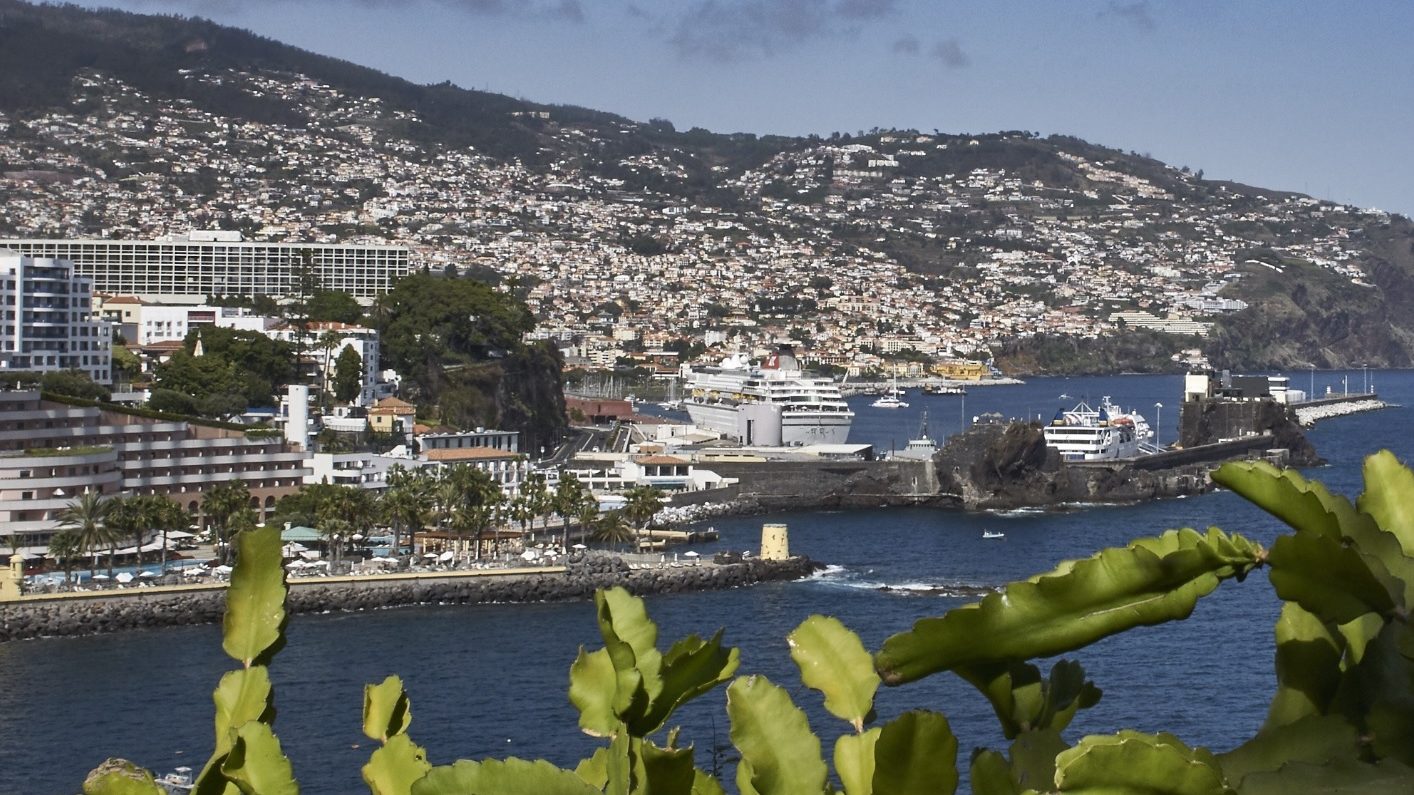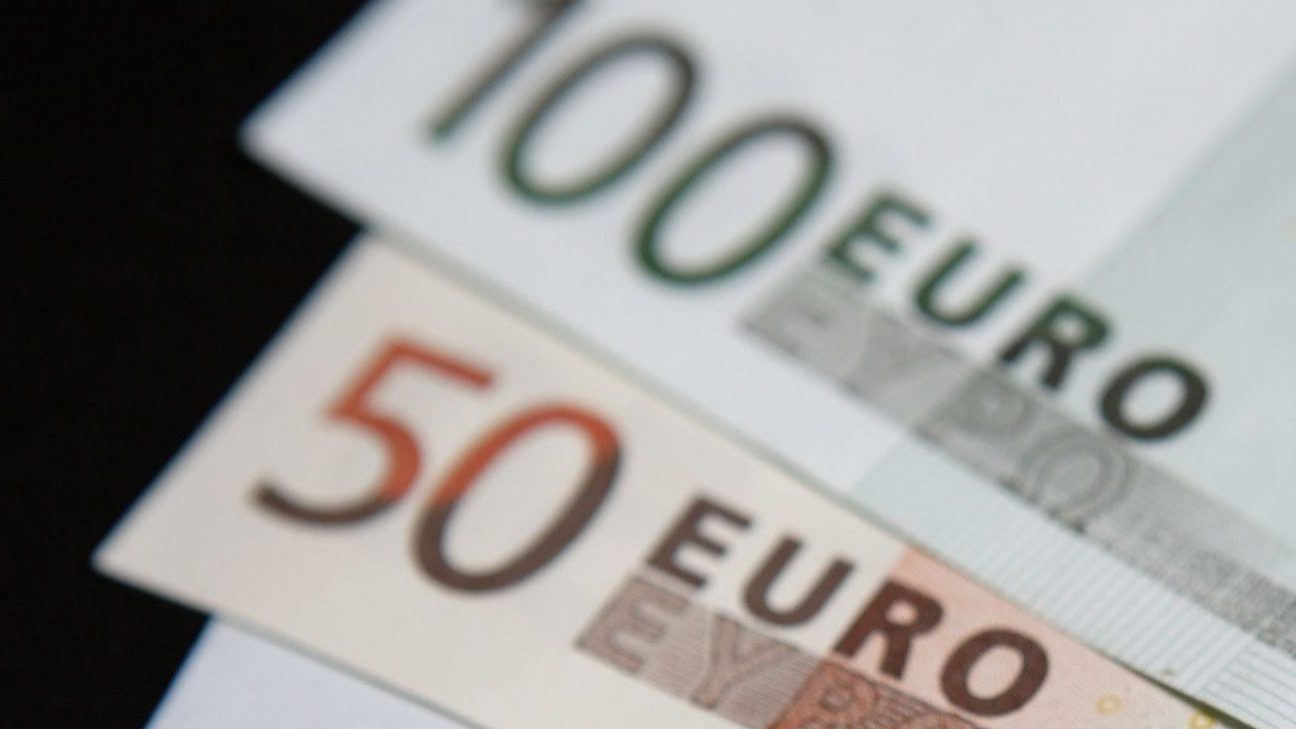Madeira’s Free Trade Zone ‘not selective’ – state’s appeal to EU court
Portugal argues that its aid scheme for the Madeira Free Trade Zone "is not selective", in an appeal to the General Court of the European Union.
In an appeal to the General Court of the European Union, the Portuguese state is arguing that its aid scheme for the Madeira Free Trade Zone “is not selective”, so contesting the position of the EU executive, the European Commisison, that the zone violates EU competition rules.
Documents for the hearing of this case at the first instance of the Court of Justice of the European Union (CJEU), to which Lusa had access on Tuesday, states that “the Portuguese Republic claims that the decision” of the commission violates EU treaties because regime III of national legislation governing the Madeira Free Trade Zone (MFTZ) “is not selective”.
The document, which was written by the judge rapporteur for Tuesday’s hearing at the General Court in Luxembourg, also indicates that, according to Portugal, “the Commission has not demonstrated that this regime affects competition and trade between Member States” of the EU.
Portugal argues that the scheme in question “should be classified as existing aid” and accuses the EU executive of “error of law” because the measures have been implemented in accordance with what was approved by the commission between 2007 and 2013.
In addition, according to the document, Portugal says that the commission “committed an error of fact or failed to comply with its duty to state reasons because the Portuguese Republic carried out checks on the requirement of creating or maintaining jobs.”
In this last of a total of seven pleas in law put forward in its appeal to the CJEU, the Portuguese state “alleges infringement of general principles of EU law, in particular the principles of the rights of the defence, legal certainty, sound administration, legitimate expectations and proportionality” as well as a “breach by the Commission of its duty to state reasons” for its positions.
Portugal is therefore asking the court to annul the commission decision and order it to pay costs, while the commission wants the court to reject these requests and annul the appeal.
Within three to four months, the advocate general is expected to give a written opinion, after which a judgment is to be handed down by the CJEU.
On December 4 2020, the European Commission concluded that regime III of the MFZ, which was in force between 2007 and 2013, flouted rules on state aid because it covered companies that “did not contribute to the development of the region” – telling Portugal that it had to recover the irregularly provided support.
The commission noted that, of the approximately 1,700 companies covered by tax benefits regime III, 300 are said to have benefited from exemptions of more than €200,000 – an amount considered to be undue because it was not in line with defined state aid decisions.
Following this decision, the Portuguese state and the Madeira autonomous region lodged an appeal with the CJEU.
According to the commission, the aim of scheme III was to contribute to the development of the ultra-peripheral region of Madeira by means of tax incentives, directed exclusively at undertakings creating jobs in the region – which it concluded was not the case.
Between 1987 (the year in which the free zone was created) and 2014, the European Commission approved four versions of the MFZ aid scheme, under the EU provisions governing this type of aid.
In the scheme approved in 2007, it was decided that companies registered before December 31 2013 could benefit from the fiscal advantages of the MFTZ until the end of 2020. The aid scheme approved for the MFZ was aimed at attracting investment and creating jobs in the region and took the form, in particular, of a reduction in tax levied on profits from activities carried out in Madeira.


